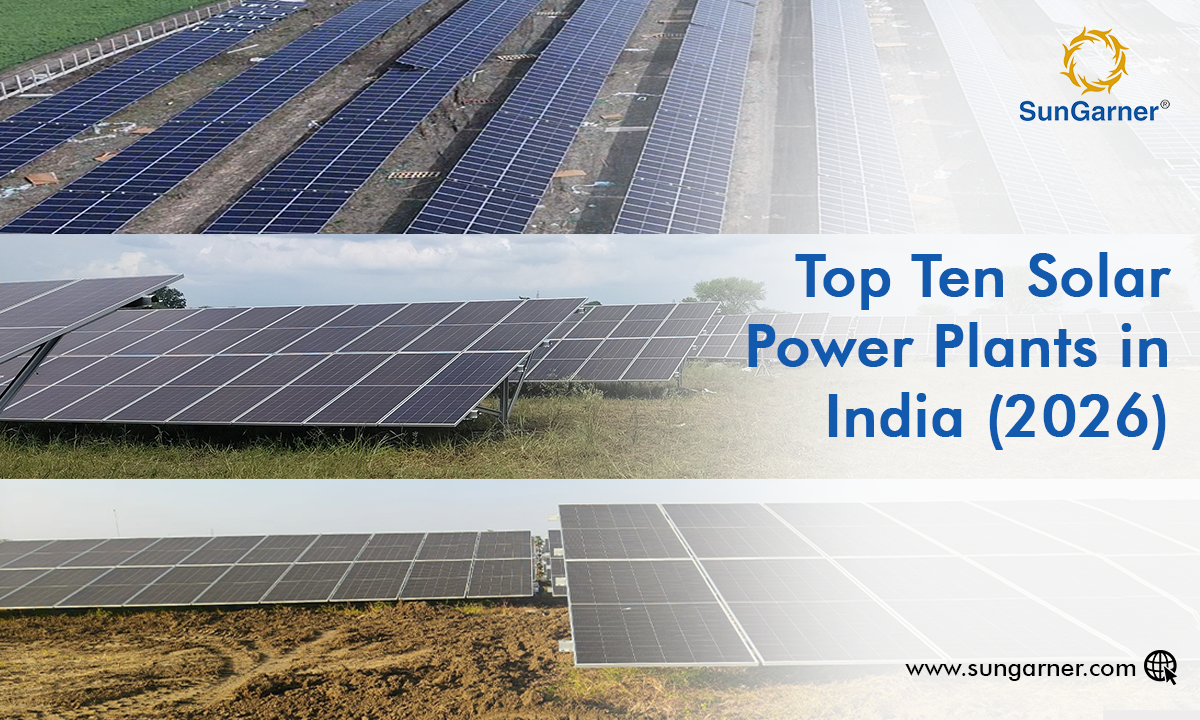Diesel Generator vs. Battery Energy Storage System: Which is Right for You?
As power backup solutions become increasingly essential, the debate between Diesel Generators (DGs) and Battery Energy Storage Systems (BESS) continues to grow. Businesses and homeowners need to make informed choices based on efficiency, cost, sustainability, and long-term reliability.
As power backup solutions become increasingly essential, the debate between Diesel Generators (DGs) and Battery Energy Storage Systems (BESS) continues to grow. Businesses and homeowners need to make informed choices based on efficiency, cost, sustainability, and long-term reliability. In this guide, we’ll compare these technologies in depth to help you decide which solution is best suited for your needs.
Understanding Diesel Generators (DGs)
How Do Diesel Generators Work?
A diesel generator converts diesel fuel into electricity by burning fuel in an internal combustion engine. These are widely used for industrial applications, commercial buildings, and emergency backup power.
Advantages of Diesel Generators
Reliable Power Supply – DGs offer a steady and high-power output, making them suitable for factories, hospitals, and data centers.
Lower Initial Cost – Compared to battery storage system prices, diesel generators generally have a lower upfront investment.
Readily Available Fuel – Diesel fuel is widely available, ensuring continuous operation during extended power outages.
Long Lifespan – With proper maintenance, a diesel generator lifespan ranges from 15 to 20 years.
Disadvantages of Diesel Generators
High Operating Costs – Diesel fuel prices fluctuate, increasing operational expenses.
Environmental Impact – DGs emit carbon dioxide, nitrogen oxides, and particulate matter, contributing to pollution.
Noise Pollution – Diesel engines are loud and may require soundproofing.
Maintenance Requirements – Frequent servicing is needed to ensure efficiency.
Understanding Battery Energy Storage Systems (BESS)
How Does BESS Work?
A Battery Energy Storage System stores electricity in rechargeable batteries and releases power when needed. It can be charged using grid power, solar panels, or wind energy, making it a sustainable backup power solution.
Advantages of Battery Storage Systems
Eco-Friendly – Unlike DGs, BESS does not produce emissions, making it a cleaner alternative.
Lower Operating Costs – Once installed, running costs are minimal since there’s no need for fuel.
Silent Operation – BESS runs quietly, ideal for residential and office environments.
Energy Independence – When paired with solar panels, it can reduce reliance on the grid.
Disadvantages of Battery Storage Systems
High Initial Cost – Battery storage system prices are higher compared to DGs due to battery and inverter costs.
Limited Energy Storage – BESS is dependent on battery capacity, requiring larger setups for high energy demands.
Battery Degradation – Over time, battery efficiency declines, requiring replacements every 8-15 years.
Diesel Generator vs. Battery Storage System: A Detailed Comparison
|
Feature |
Diesel Generator |
Battery Storage System |
|
Upfront Cost |
Lower |
Higher |
|
Operating Cost |
High (Fuel & Maintenance) |
Low (Minimal Maintenance) |
|
Lifespan |
15-20 years |
8-15 years (depends on battery type) |
|
Efficiency |
35-40% (Energy loss as heat) |
80-90% (High efficiency) |
|
Emissions |
CO2, NOx, Particulate Matter |
Zero emissions |
|
Noise Levels |
High |
Silent |
|
Fuel Dependency |
Requires diesel |
Can integrate with solar or grid |
|
Suitability |
Industrial & high-power needs |
Residential & clean energy solutions |
Cost Analysis: Diesel Generator vs. Battery Storage System
Diesel Generator Price in India
The cost of diesel generators varies based on capacity:
5-10 kVA DG set: ₹2,00,000 - ₹5,00,000
50+ kVA DG set: ₹10,00,000 and above
Fuel cost: ₹90-100 per liter (as per current market rates)
Annual maintenance: ₹50,000 - ₹1,00,000
Battery Storage System Price in India
The price depends on capacity and battery type:
10 kWh lithium-ion system: ₹5,00,000 - ₹8,00,000
50 kWh commercial setup: ₹20,00,000+
Operational cost: Negligible
Battery replacement cost: Every 8-15 years
Government Incentives & Future Trends
Battery Storage Incentives: Under FAME-II & PLI schemes, the Indian government provides subsidies for energy storage solutions.
Future Trends: Sodium-ion and solid-state batteries are emerging as cost-effective alternatives to lithium-ion.
Solar Integration: Combining BESS with solar battery storage for home reduces dependency on grid power.
Which One Should You Choose?
For Industrial & High-Power Applications – If you need uninterrupted power for factories, hospitals, or heavy machinery, a diesel generator is the better choice.
For Residential & Sustainable Solutions – If you prioritize clean energy, a battery storage system is more cost-effective and eco-friendly in the long run.
For Businesses Looking to Cut Costs – Battery storage vs. generator efficiency shows that BESS has higher efficiency and lower operational costs, making it ideal for businesses investing in green energy.
Choosing the Right Provider: Why SunGarner?
When selecting a power backup system, it’s crucial to choose a reliable manufacturer and service provider. SunGarner, a leading energy solutions company, offers:
Customizable solar battery storage for home & businesses
High-efficiency lithium-ion and hybrid battery storage solutions
Comprehensive installation, maintenance & support services
Final Verdict: Future-Proofing Your Power Backup
For immediate, high-power needs: Diesel generators are a cost-effective, reliable option.
For long-term sustainability & cost savings: Battery Energy Storage Systems provide a clean, silent, and efficient alternative.
For businesses shifting to green energy: A hybrid approach using solar + BESS is the best choice.
With advancing battery technologies, government incentives, and rising diesel costs, the shift towards Battery Energy Storage Systems is inevitable. Investing in BESS today can secure long-term savings and sustainability.









